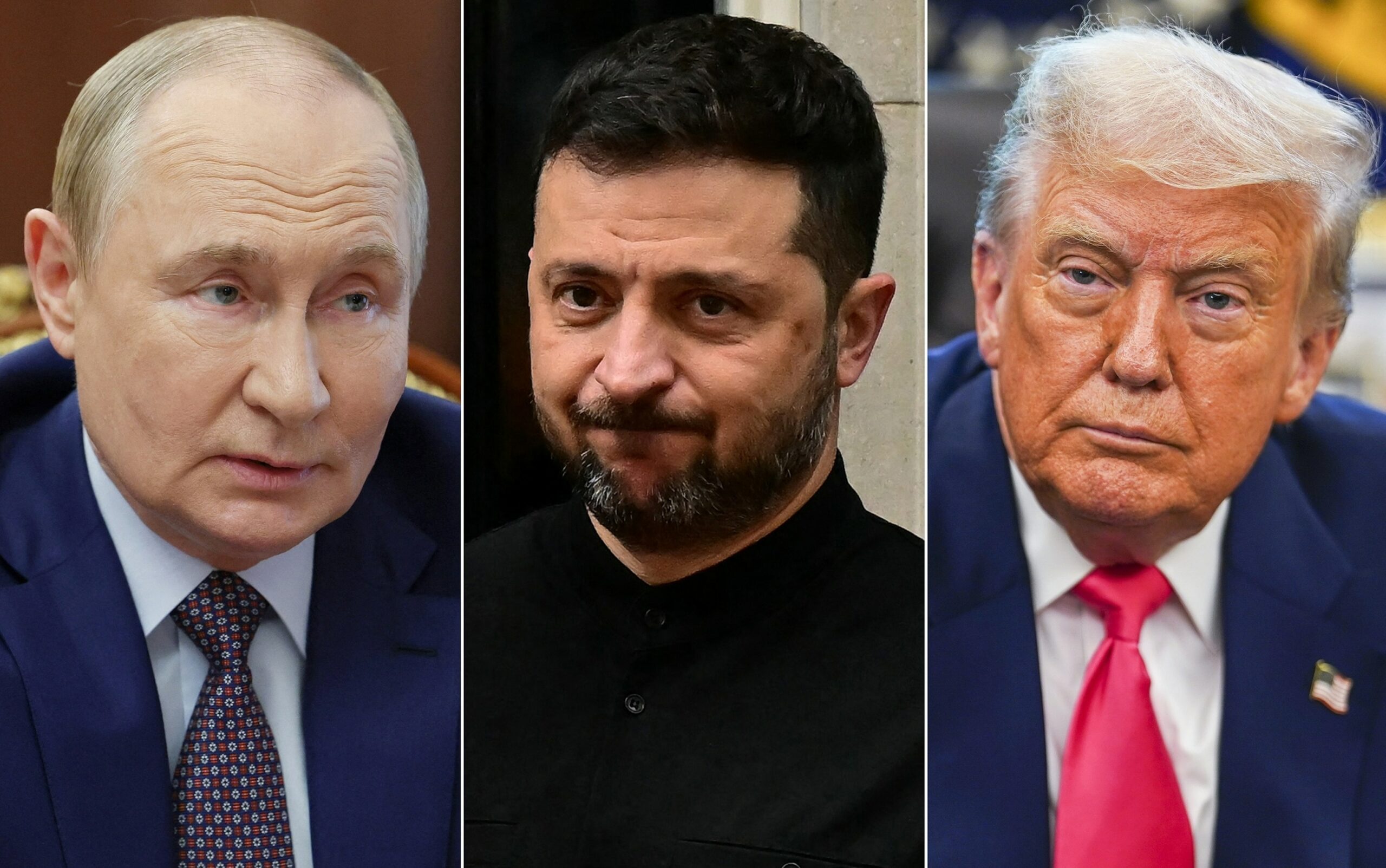Zelenskyy to Meet with Trump in Washington Amid Ongoing Diplomatic Efforts
Ukrainian President Volodymyr Zelenskyy has announced plans to travel to Washington, D.C., on Monday for a meeting with former U.S. President Donald Trump. This follows what was described as a “lengthy” phone call between the two leaders. A White House official confirmed that Trump has invited European leaders to join the meeting on Monday afternoon. The visit comes amid continued diplomatic efforts to address the ongoing conflict in Ukraine and the broader geopolitical tensions involving Russia.
Progress and Concessions in Peace Talks
Secretary of State Marco Rubio emphasized that achieving a peace deal between Ukraine and Russia would require both sides to make concessions. He stated during an interview on ABC News’ “This Week” that neither side is willing to surrender, meaning both must compromise. “You can’t have a peace agreement unless both sides give and get,” he said. “If not, it’s just called surrender.”
Trump’s special envoy, Steve Witkoff, noted that while Trump had initially pushed for a ceasefire, substantial progress made during the Alaska summit with Putin shifted the focus away from a ceasefire as a preliminary step. Witkoff told CNN’s “State of the Union” that the discussions covered other essential elements necessary for a peace deal.
Trump’s Social Media Claims and Criticisms
On Sunday, Trump took to social media to claim “BIG PROGRESS” being made regarding Russia. His post followed his summit with Putin in Alaska and preceded his upcoming meeting with Zelenskyy and European leaders. Trump also addressed media coverage of potential land swaps, suggesting that even if he achieved a diplomatic victory, the press would likely criticize him. He claimed that if he secured a deal involving Moscow, the media would label it a mistake.
European Leaders’ Statements and Concerns
European leaders issued a joint statement following the Trump-Putin summit in Alaska. They reiterated their support for Kyiv and emphasized the need for “ironclad security guarantees” for Ukraine. The statement welcomed Trump’s efforts to stop the violence and expressed willingness to support further talks involving Zelenskyy.
Putin’s Perspective on the Summit
Russian President Vladimir Putin described his meeting with Trump in Alaska as “timely and very useful.” He mentioned that the discussion covered all aspects of cooperation and the possible resolution of the Ukrainian crisis on a fair basis. Putin also highlighted the importance of addressing the root causes of the conflict, stating that eliminating these would be the foundation for a settlement.
Security Breach Allegations and Other Developments
The White House dismissed a report by National Public Radio (NPR) claiming that scheduling information about the Alaska summit was left on a hotel printer. A White House spokesperson called the report “hilarious” and criticized NPR for publishing what they described as a lunch menu as a security breach.
Additionally, First Lady Melania Trump reportedly wrote a personal letter to Putin concerning children abducted during the war. She handed the letter to Putin during their summit in Alaska, though details about its contents remain undisclosed.
Putin’s Demands and Strategic Considerations
Sources revealed that Putin demanded Ukraine withdraw from the Donetsk region in exchange for halting Russia’s offensive on the Kherson and Zaporizhzhia regions. This move would leave Ukraine vulnerable, as the remaining part of Donetsk contains key defensive cities. Putin also raised concerns about the protection of the Russian language and the Russian Orthodox Church in Ukraine, indicating that his conditions for ending the war have not significantly changed.
Trilateral Meeting Discussions
While Russian officials denied that a trilateral meeting with Zelenskyy was discussed during the Alaska summit, Trump claimed that such a meeting was indeed brought up. This discrepancy highlights the complexity of the negotiations and the differing perspectives among the involved parties.
Trump’s Vision for a Peace Agreement
Trump advocated for moving directly toward a peace agreement rather than a ceasefire. He argued that a ceasefire often fails to hold, and a comprehensive peace deal would end the conflict more effectively. During an interview with Bret Baier, Trump expressed his desire for a ceasefire but acknowledged that it might not be achievable immediately. He emphasized the importance of setting the stage for future discussions.
As the situation continues to evolve, the upcoming meeting between Trump, Zelenskyy, and European leaders will be closely watched for any developments in the pursuit of a lasting resolution to the conflict.



